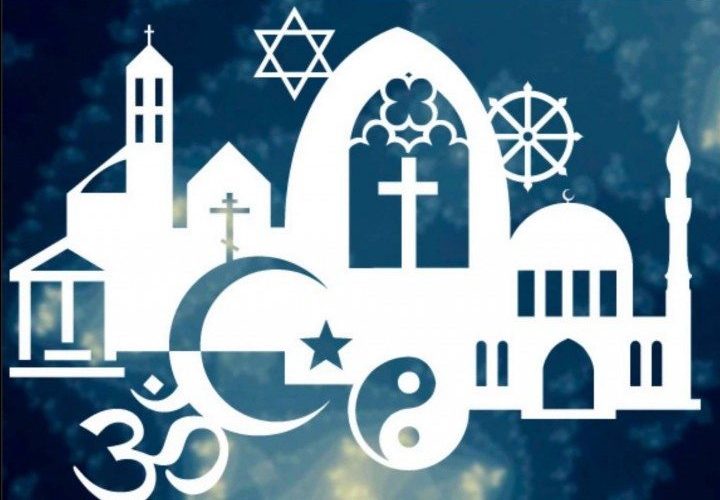The relationship of the State with religion has been a contentious issue. Can an individual’s private practice of religion be curtailed by the State? Is secularism a challenge or an opportunity for religious traditions? A piece authored by M.P. Rege and republished in the March 1993 edition of the Freedom First Magazine sought to deconstruct the many meanings of secularism and their implications.
Given the Indian context the first component in the meaning of secularism which one would naturally single out is the idea that the state as a social institution has to be secular. This means that there is a shared area of social affairs in which all Indians, irrespective of the religious communities to which they belong, have an equal status and equal rights. Further, the goals and norms which direct and govern these affairs are not derived and do not draw their sanction from any particular religious tradition. In this sense they are secular or ‘rational’. They include such values as law and order, equality before law, economic welfare, egalitarian justice, promotion of intrinsically worthwhile activities like scientific research, pursuit of knowledge and the arts. These values have complicated relationships, both genetic and logical with the values which were developed and propagated by various religious traditions. But as a matter of fact, in modern times they have come to be regarded as autonomous, in the sense that they do not need any religious sanction and that they can be perceived to be an essential part of a good human life, in its social as well as personal aspect.
Historically Multi-religious
In the Indian context, the idea of a secular state partly draws its significance from the fact that historically Indian society has been a multi-religious society. It must be remembered that this character antedates the advent of Muslim and Christian communities in our country. And may remark in passing that it is the primary responsibility of the majority community to safeguard the secular character of the Indian state. Unless members of minority communities experience, in their day to day living, that they are treated on par with members of the majority communities in all situations which fall within the jurisdiction of the state, the idea of a secular state embracing all Indians will lack substance and reality. And it is the responsibility of all religious communities to reformulate their traditional values and norms and reform traditional practices so as to bring them in harmony with the values and principles which govern the secular jurisdiction of the state. For these latter represent the moral consensus of modern times.
Sarva Dharma Samabhava
Another, peculiarly Indian element, in the concept of secularism is the value of sarva-dharma-samabhava, i.e. the attitude of equal respect for all religions. This value has nothing to do with the functioning of the state. It is recommended as a social and also religious value. A society in which this attitude is widespread and deeply rooted will be a secular society in this sense of secularism. To describe as secular a multi-religious society in which members of one religious community do not merely tolerate the presence of other religious communities but respect their individuality and autonomy certainly looks paradoxical. But it will not have this appearance for those who realise that the basic character of Indian society is that it is a group or federation of many religious communities and that these diverse religious traditions are living forces which determine the moral and spiritual values of their adherents, the goals they pursue in life, their whole way of life. Only a widespread attitude of respect for the autonomy of other religious communities provides a viable basis for a secular state in which individuals drawn from diverse communities treat and respect each other as equals.
Secularism Based on Rational Morality
The third sense of secularism is that it is a world-view which claims to be based on rational, i.e. scientific knowledge of things and rational morality, i.e. utilitarian morality qualified by some principle of justice. This is the aggressive element in secularism because it denies any place to the transcendent whether in the scheme of things or as a component in the human personality. Secularism even in this aggressive form has a positive role to play because it throws a challenge to traditional religions to put their houses in order, to purify, refine and develop their values so as to enable them to face the problems of contemporary life. But what place reason has in human knowledge and human life is a largely philosophical question which can have no agreed and definitive answer. As a world-view secularism is no more than one member of a family of world-views, relations between which need to be based on the principle of sarva-dharma-samabhava.


